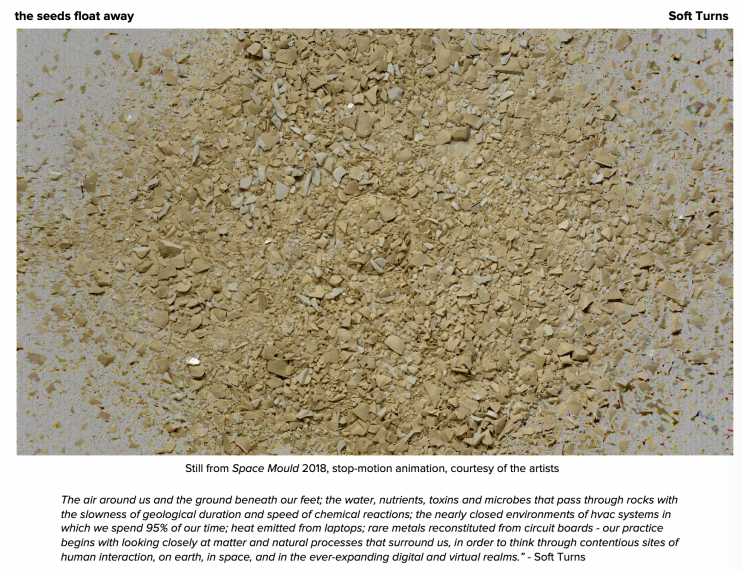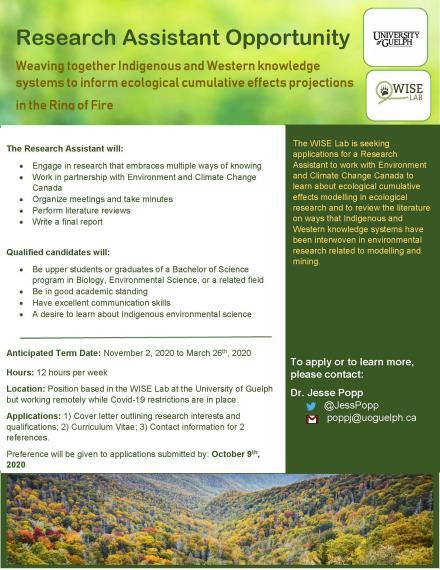
Cover crops help mitigate climate change
What do you need to know?
Climate change is one of the most important environmental challenges we are facing, and its negative impacts are becoming more and more visible. Soil is known to store at least three times as much carbon than our atmosphere and four times as much as the rest of life on Earth. Therefore, identifying and adopting land management practices through which we can increase the capacity of soil to store carbon will be a crucial climate change mitigation strategy.



